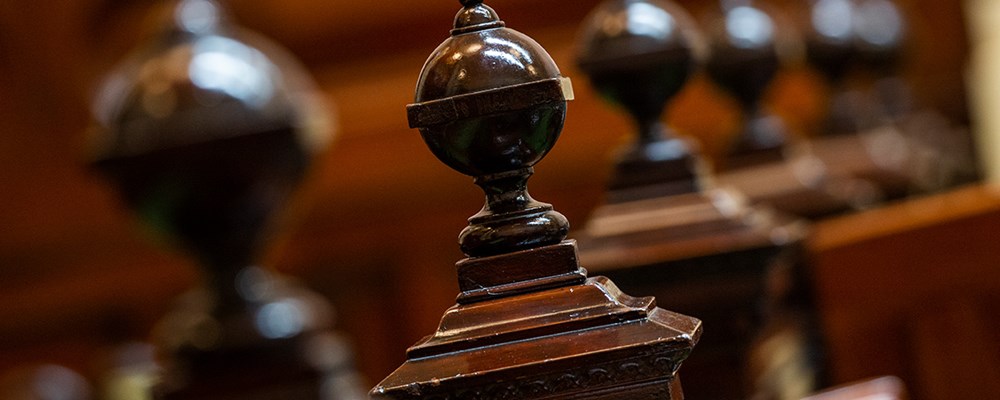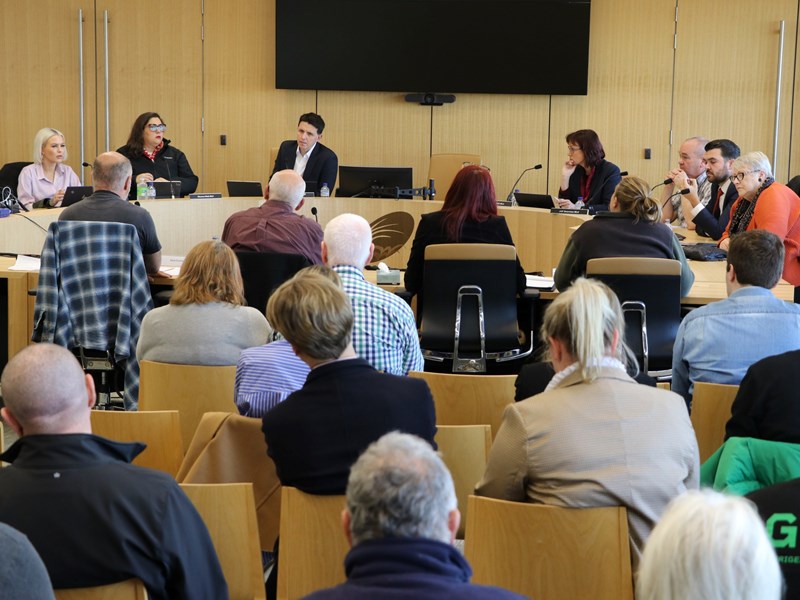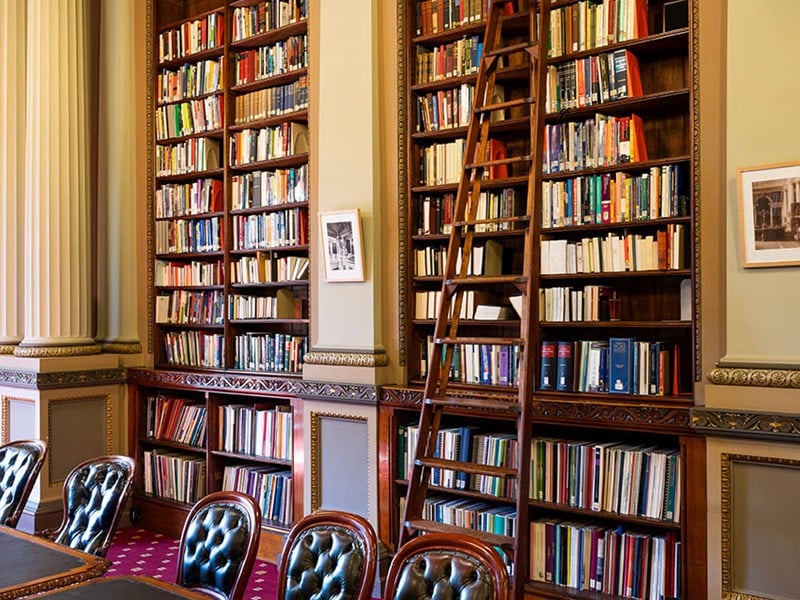Attend a public hearing
By giving evidence at a public hearing, you are providing important input into the work of the Parliament of Victoria.

On this page
What are public hearings?
Public hearings provide an opportunity for parliamentary committees to investigate an issue by speaking directly to people who have knowledge and views on that topic.
Visitors and members of the public can observe the hearing in the gallery of the hearing room. The committee asks that people in the gallery keep noise and movement to a minimum. Make sure you turn off your mobile phone. Recording by cameras and devices is not permitted in the hearing room without the permission of the committee.
Media may attend, record and report on any public hearing. Use of cameras is usually restricted to accredited media.
Who can give evidence?
The committee decides who will be invited to give evidence at a public hearing. You may be asked to give evidence as an individual or as the representative of an organisation.
You can ask to speak to a committee at a public hearing. However, it is not always possible for the committee to speak to all interested people.
How can I prepare for a public hearing?
Look at the terms of reference. Each inquiry has terms of reference which set out the issues the committee will consider. Your evidence needs to address one or more parts of the terms of reference. You can get a copy of the terms of reference from the committee’s website or from the committee’s office.
Review your written submission. If you have made a written submission, make sure you review it before the hearing as the committee members may ask questions about your submission.
Provide any documents to the committee in advance. If you wish to provide a document to the committee at the hearing, please do so well before the hearing date. If that is not possible, please make sure you bring enough copies for everyone (one for each committee member, one for committee records, and one for Hansard).
Think about what you want to say. You only have a short time to speak to the committee so you may find it useful to prepare some written notes to refer to.
Let the committee know before the day of the hearing: if you want to use special equipment, such as a data projector; or if you have special needs.
Choose an appropriate representative of your organisation. Sometimes the committee will identify the representatives of your organisation it wishes to hear from. If the committee does not request the attendance of specific individuals, organisations asked to give evidence should make sure they send representatives who have a good understanding of the issues the committee is investigating.
What happens at a public hearing?
1. Arrival. Please make sure you arrive at the hearing on time and introduce yourself to the committee staff.
2. Stating your name, address and position. At the start of the hearing the committee chair will ask you to state your name, address, and in what capacity you are appearing before the committee (for example, as an individual or as the representative of an organisation).
3. Swearing in. Occasionally a committee may decide to take sworn evidence. If this is the case, the chair will ask if you wish to swear an oath or make an affirmation that the evidence you present is the truth.
4. Opening statement. The chair will usually invite you to make a short opening statement, focussing on key points. You do not need to restate all the issues raised in your submission.
5. Questions. After your opening statement, committee members may ask questions or discuss matters raised in the statement or in your submission. If you are unable to answer a question you can ask to provide that information in writing after the hearing.
6. Transcript of evidence. Hearings are recorded word‑for‑word by parliamentary reporting staff (Hansard). You will be sent a draft copy of the written transcript of your evidence shortly after the hearing. You may request the correction of any errors of fact or grammar, but deletions or additions to the content are not permitted.
The committee room
Committee hearings take place at both Parliament House and 55 St Andrews Place, East Melbourne (located behind Parliament House).
The 3D tour below shows the typical setup for a committee hearing, with markers included to describe the people who take part in this process.
Closed and in camera hearings
Committee hearings are usually held in public. In general, all submissions and transcripts of evidence given at public hearings are public documents. This means that the evidence may be published on the committee’s website and quoted in the committee’s report to the Parliament.
In special circumstances, a committee may decide to hold a hearing (or part of a hearing) in private, as either a:
- closed hearing: only the witness and the committee are present
- in camera hearing: only the witness and the committee are present, and all evidence given to the committee remains confidential. Neither the committee nor a witness is permitted to disclose or publish any evidence given in camera. However, the transcript of confidential evidence will be kept and, in some circumstances, may be released after 30 years.
If you wish to present all or part of your evidence at a closed or in camera hearing, please apply to the committee in advance or, if necessary, during the hearing.
Parliamentary privilege
Evidence given to a parliamentary committee is protected by parliamentary privilege. This means that no legal action can be taken against you in relation to the evidence given during a hearing. However, parliamentary privilege will not apply to any comments you make outside the hearing, even if you are restating what you said during the hearing.
Parliamentary privilege also applies to written submissions, but only after they have been accepted by a committee.
With the protection of parliamentary privilege comes your responsibility to not deliberately mislead the committee, which may be punishable as a contempt of Parliament.
Phone
For questions about specific inquiries and committees, please visit the Committees page.
Learn more about our current committees and inquiries.

